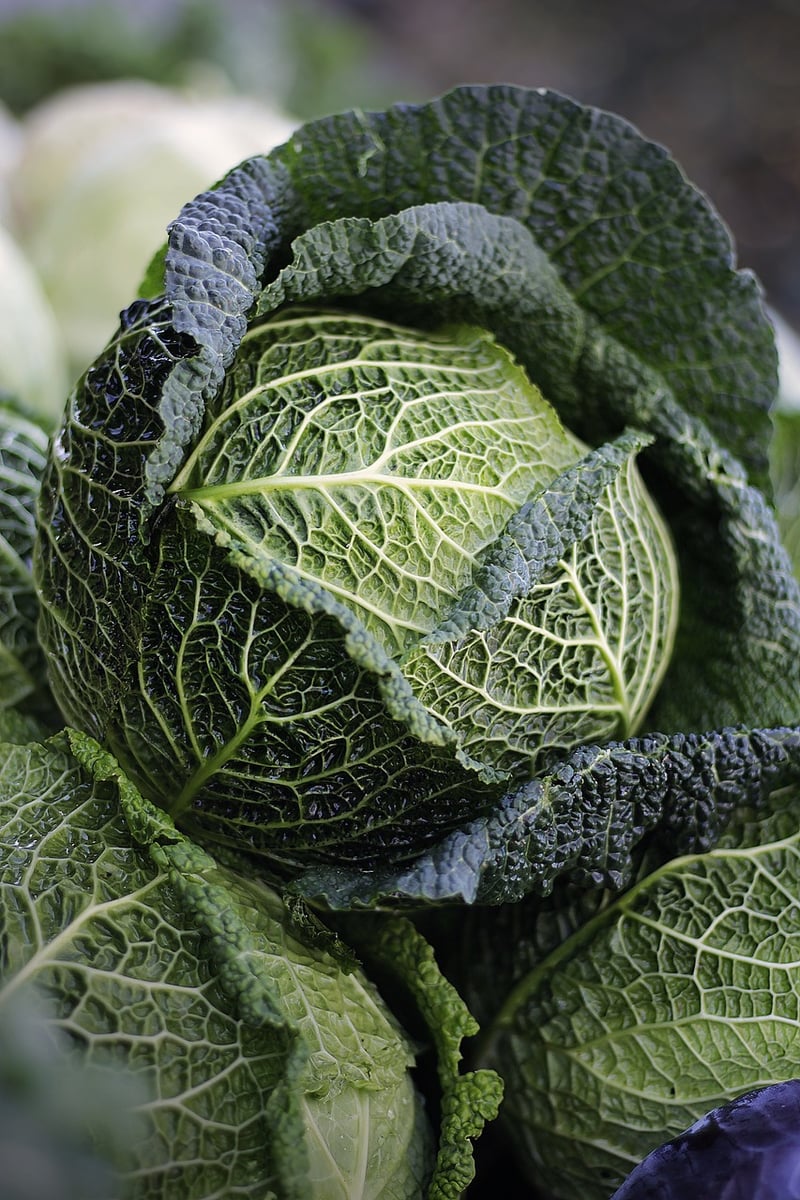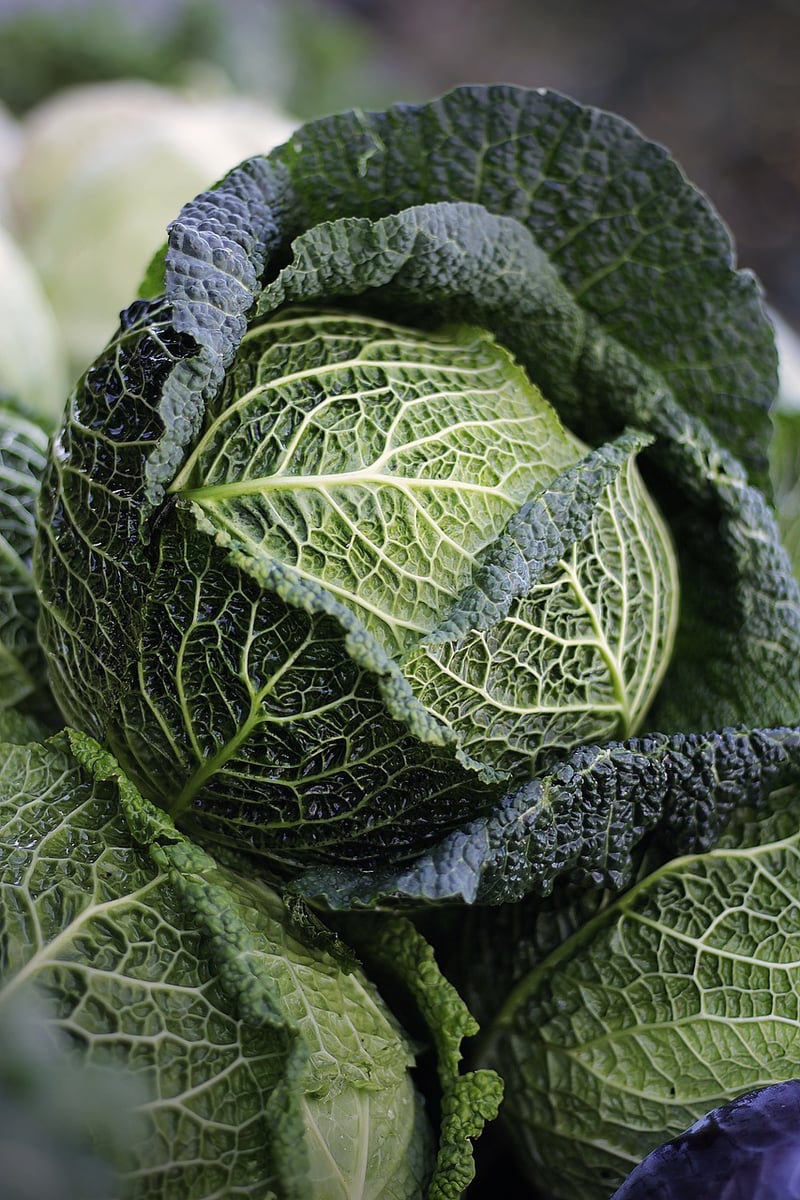Plant-based Alternatives
Essential Elements for a Plant-Based Diet and Alternatives
A plant-based diet focuses on consuming foods primarily derived from plants, such as fruits, vegetables, whole grains, nuts, seeds, and legumes. Whether you're already following a plant-based diet or looking to incorporate more plant-based elements into your meals, it's essential to understand the key components and alternatives available.
1. Protein Sources
Protein is crucial for overall health and can be obtained from various plant-based sources, including:
- Legumes (beans, lentils, chickpeas)
- Tofu and tempeh
- Quinoa
- Nuts and seeds (almonds, chia seeds, hemp seeds)
- Seitan
These alternatives provide ample protein for muscle repair and growth.
2. Calcium and Vitamin D
Calcium is essential for bone health, and vitamin D aids in its absorption. Plant-based sources of calcium and vitamin D include:
- Dark leafy greens (spinach, kale)
- Fortified plant-based milk (soy, almond, oat)
- Fortified orange juice
- Fortified cereals
3. Omega-3 Fatty Acids
Omega-3 fatty acids are beneficial for heart health and brain function. Plant-based sources of omega-3s include:
- Flaxseeds
- Chia seeds
- Walnuts
- Hemp seeds
4. Iron
Iron is essential for transporting oxygen in the blood. Plant-based sources of iron include:
- Beans and lentils
- Dark chocolate
- Fortified cereals
- Spinach
5. Vitamin B12
Vitamin B12 is crucial for nerve function and DNA synthesis. While primarily found in animal products, plant-based sources of vitamin B12 include:
- Fortified nutritional yeast
- Fortified plant-based milk
- Fortified cereals
- Plant-based meat substitutes
By incorporating these essential elements and plant-based alternatives into your diet, you can enjoy a well-rounded and nutritious plant-based lifestyle.


